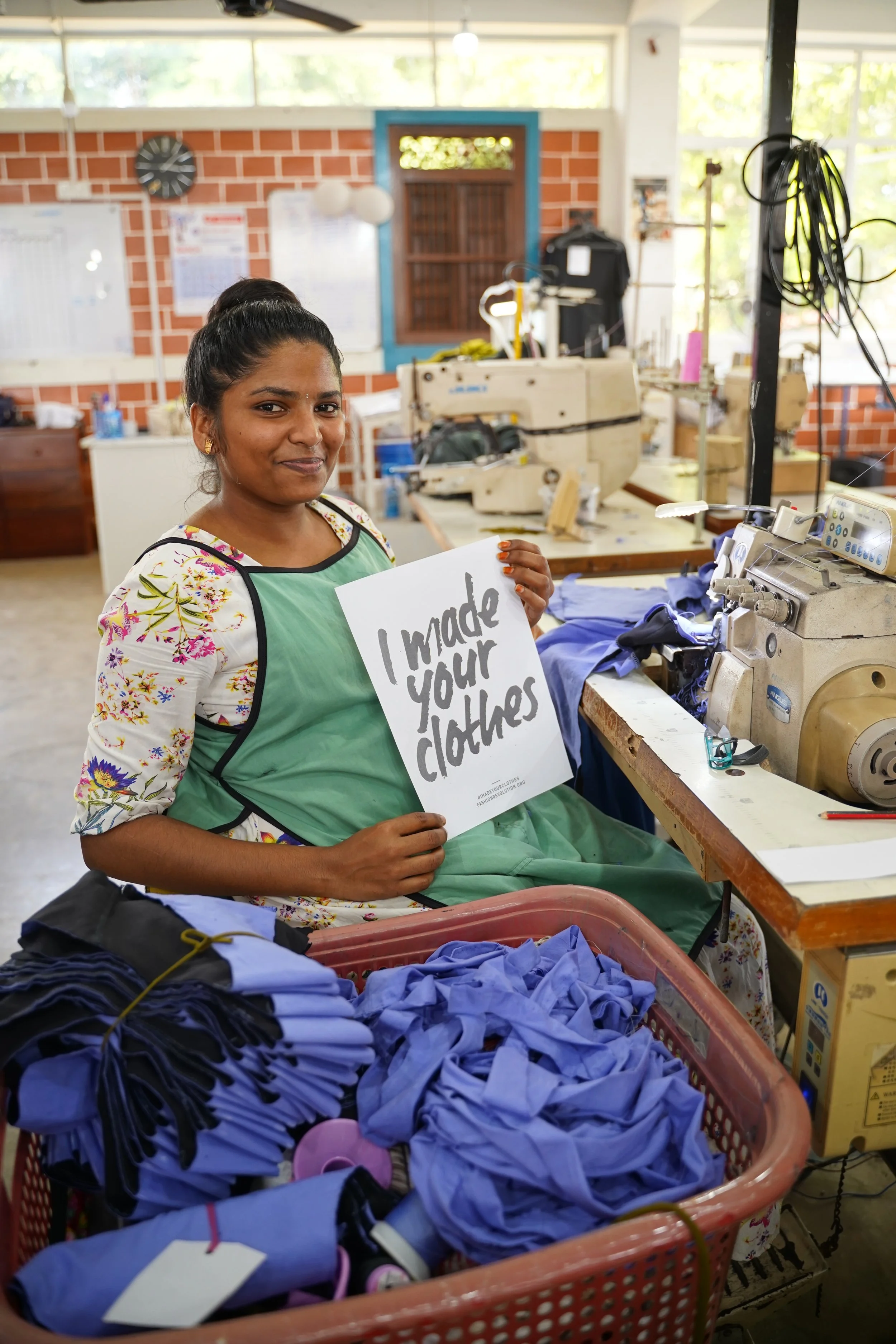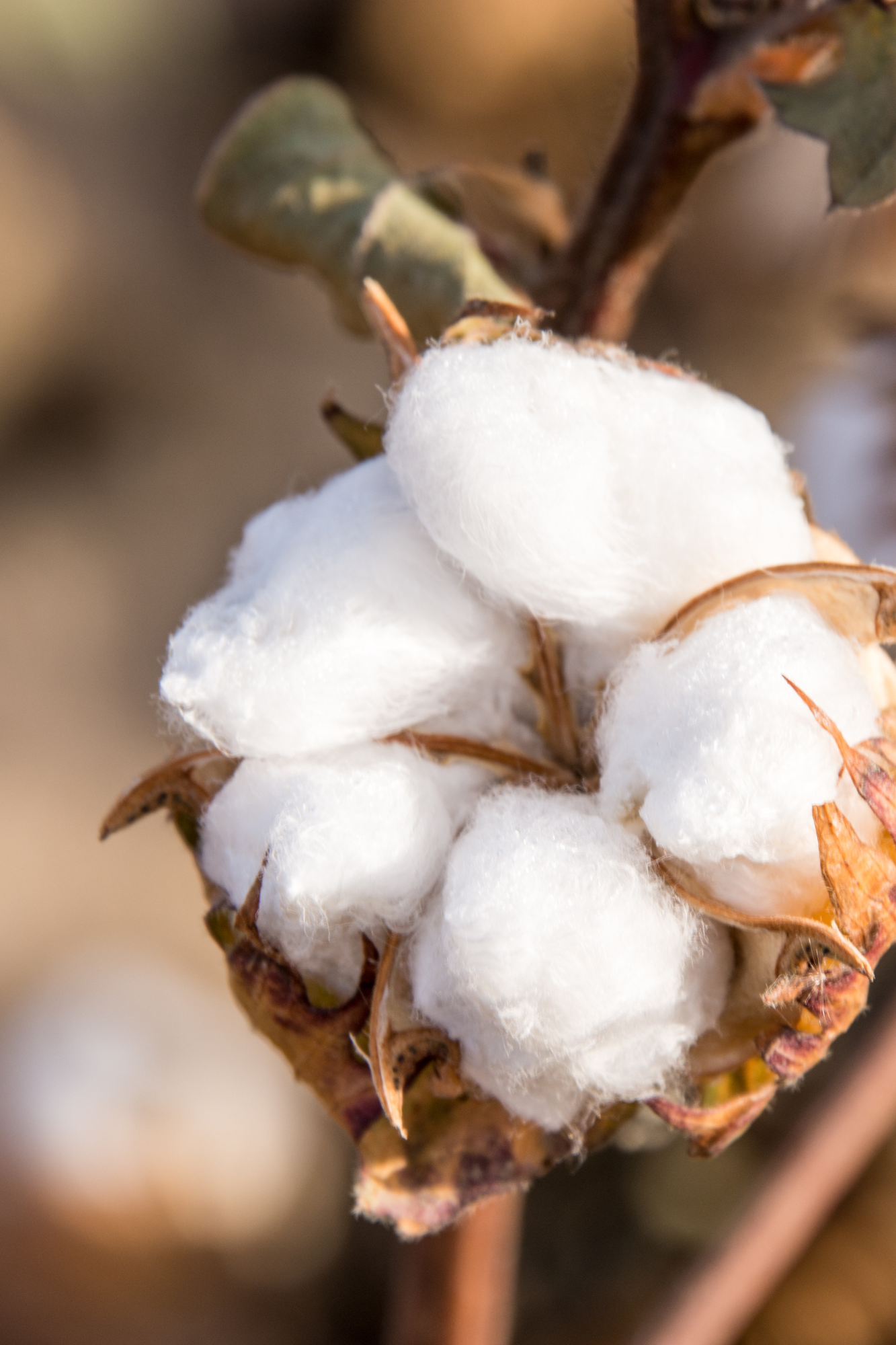
Sustainability & Ethics
Purpose before profit
Kynd is primarily a social enterprise. Above profit, our focus is on reducing plastic waste and ensuring that the world has access to sustainable, ethical, dignified and safe menstrual products.
In the UK, 1 in 8 people are experiencing period poverty. The cost of living crisis is worsening the situation and since 2022, there has been a 75% increase in period poverty. Asylum seekers and refugees are among those worst impacted, often facing the impossible choice between buying period products or meeting essential needs.
Kynd operates on a one-for-one model where for every pair of pants that is sold, one pair is donated to an asylum seeker, refugee, or person in need in the UK.

Supply chain transparency
The garment industry is not only one of the world’s largest producers of waste, but it is also one of the leading industries for modern slavery. In many countries, minimum wages have stagnated for years as lower-income countries compete against each other to win global business. Conditions in factories are often unsafe, and workers typically experience loose labour laws that may leave them vulnerable to discrimination, exploitation, and even violence and increased risk of workplace accidents or death.
Kynd operates a strict code of conduct with it’s suppliers, undertakes in-person audits, and fosters a high level of transparency across it’s supply chain. We work only with suppliers who are able to prove their dedication to improving working conditions, worker’s rights, and the health of our planet.
The details matter
Kynds were created with sustainability at the forefront, not as an afterthought. The outer layer is BCI Cotton, a certification that ensures better working conditions for the farmers involved in cotton production. Cotton is an incredibly durable fabric, making it ideal to create a long-lasting high-quality product. Its naturally breathable and hypoallergenic qualities make it perfect to use in underwear. Cotton is also widely available across South Asia, limiting the miles it needs to travel to reach our manufacturer in Sri Lanka (and therefore reducing the carbon footprint).
The waistband on our underwear is also cotton. We made the decision not to use lace or spandex commonly found on waistbands. This was to reduce the use of unsustainable fabric, but we also found that it made our waistbands more comfy - perfect for days of period bloating!
For dyes, we use oeko-tex dye at certified factories, limiting any environmental damage and ensuring that there are no harmful toxins hiding in your underwear!

Reducing waste
Not only is period underwear more comfortable and convenient, but it also significantly reduces plastic waste. The average menstruating person uses up to 11,000 pads or tampons in a lifetime. Studies estimate that the average pad contains 90% plastic, and can take up to 500 years to degrade in landfill, meaning that every pad you’ve ever used is probably still around.
Because plastic is produced from fossil fuels, extracting and producing plastic emits vast amounts of greenhouse gases, contributing to climate change.
In addition to harming our environment, plastic also harms us. Studies are now finding endocrine disrupting and carcinogenic chemicals in pads and tampons.
Thankfully, Kynd Period underwear is made primarily from cotton and can be reused for up to five years, providing a healthier option for people and the planet.
In our factories, off-cuts are upcyled through a circular economy program, ensuring fabric scraps are reused instead of going to waste.






